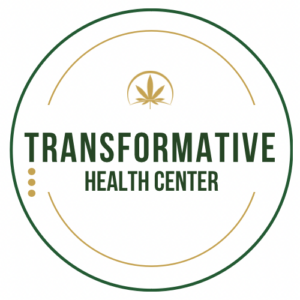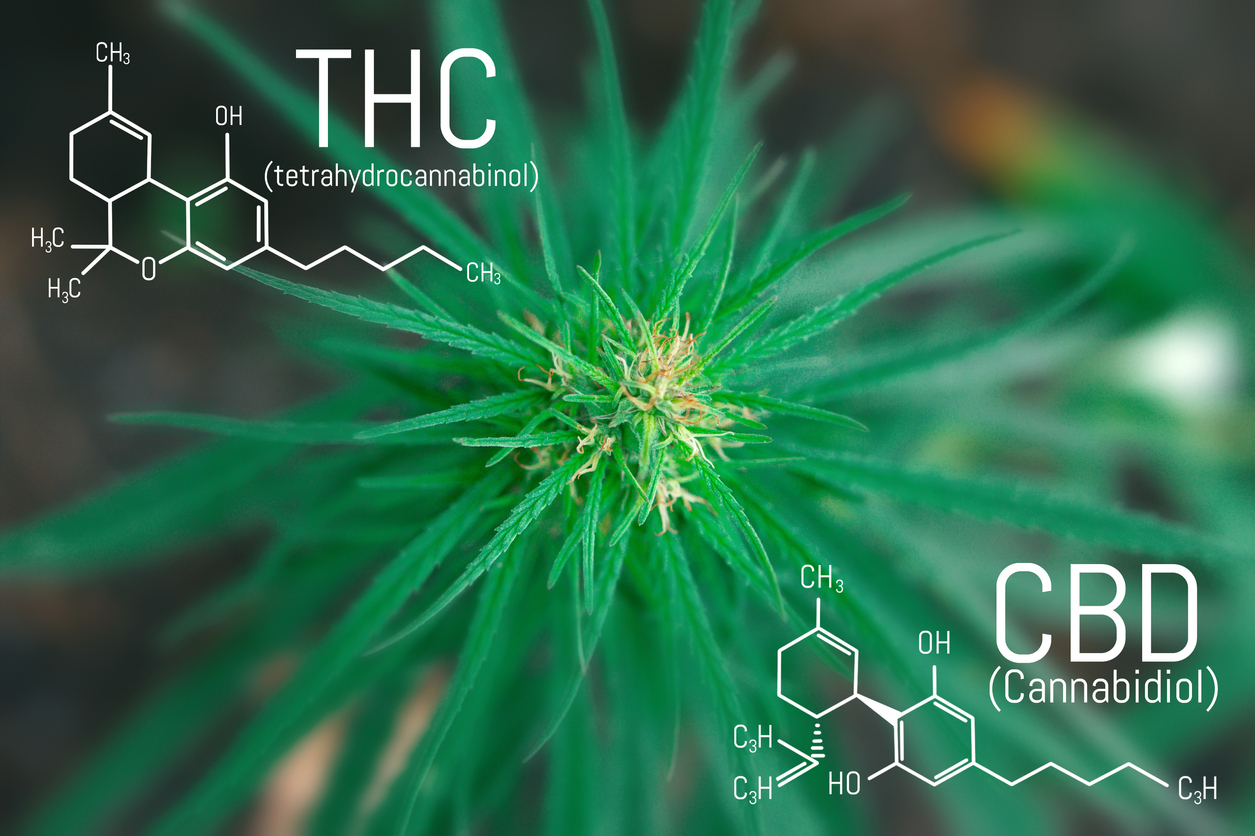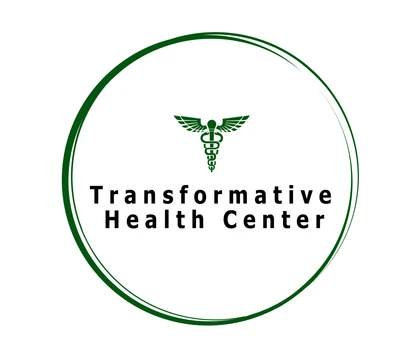Some talk about cannabis can be a little confusing. Two acronyms that come up often are CBD and THC. The former is often heard in relation to “CBD oil.” In fact, both of these are compounds found in the cannabis plant, but what is the difference between them?
What Do CBD and THC Have in Common?
CBD stands for cannabidiol, and THC stands for tetrahydrocannabinol. This should clue you in that these are very similar compounds. In fact, they both have the same molecular structure. Both are composed of 21 carbon atoms, 30 hydrogen atoms, and 2 oxygen atoms. The difference is in how those atoms are arranged.
Both are also chemically similar to endocannabinoids, substances produced by your body that help regulate sleep, mood, appetite, memory, and fertility. This allows them to bind to the same receptors, resulting in psychoactive effects. However, CBD is generally not considered psychoactive because it does not induce a significant mood change, but itdoes affect brain chemistry.
Both can cause you to test positive on drug tests, although THC is more likely to do so.
So, What Are the Key Differences?
There are some key differences between these two active compounds. Here are the most important ones:
- CBD does not make you “high.” THC is the compound that induces a high sensation by binding to CB1 receptors in the brain and triggering the production of dopamine. CBD does not bind to these receptors unless THC is also present.
- CBD is found in hemp as well as cannabis. Both hemp and cannabis are strains of the same plant, but hemp contains little or no THC. Because of this, most CBD products are made from hemp to help keep THC levels below the legal limit of 0.3 percent.
- CBD is fully legal in most states, while there are still restrictions at state and federal level on the use of products containing THC.
- Because CBD does not make you high, it may be safe to drive while using CBD unless you get a specific side effect, such as dizziness or fatigue, that makes it inadvisable.
This means that CBD could have many of the potential medicinal effects of cannabis without the side effect of making you high. However, there are things that one may help benefit that the other may not.
Potential Uses and Side Effects of CBD
CBD is generally used to help with:
- Seizures
- Inflammation
- Pain
- Psychosis
- Inflammatory bowel disease
- Nausea
- Migraine
- Depression
- Anxiety
It’s can also be used in a topical form to possibly reduce pain, eczema, and psoriasis in specific areas. There’s some evidence CBD oil could be good for your skin in general. However, there have been few studies done, and it’s important to remember that CBD is not yet approved by the FDA to treat any medical condition, although there are some approved medications that contain it.
Side effects may include:
- Appetite changes
- Fatigue
- Weight loss
- Dizziness
- Diarrhea
CBD is less likely to give you the “munchies” than THC but can still affect your appetite. If you are looking for CBD products, always choose ones that are sourced from hemp to potentially reduce your risk of getting a higher level of THC.
Potential Uses and Side Effects of THC
THC is sometimes used for its potential to help:
- Pain
- Muscle spasticity
- Glaucoma
- Insomnia
- Low appetite
- Nausea
- Anxiety
Possible side effects include:
- Coordination problems
- Increased heart rate
- Dry mouth
- Red eyes
- Slow reaction times
- Memory loss
- Anxiety
There’s also some evidence that consuming a lot of THC may cause long-term mental health issues, especially in adolescents. However, this is not conclusive.
It is worth remembering that CBD has not actually been approved to treat any condition. A lot of research still has to be done. Many people, however, may find relief from certain symptoms, such as seizures and chronic pain, from the use of cannabis products. Understanding the difference between CBD and THC can help you find the right products to try for your symptoms.
Contact Transformative Health today to learn more about medical MMJ or fill out the form below:
- 225-888-4041Interested in Learning More?
 Skip to content
Skip to content


